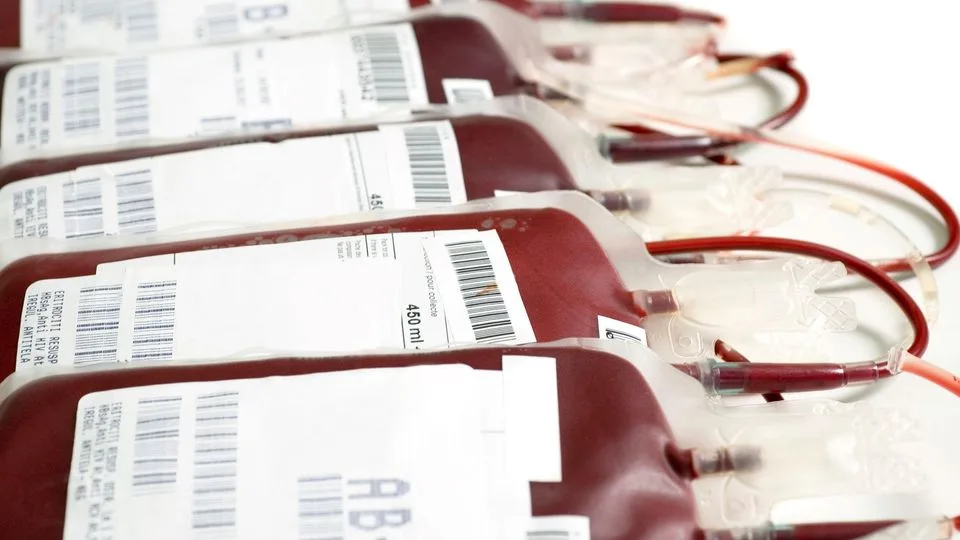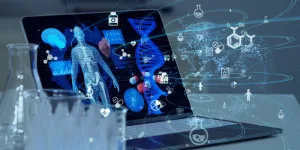Researchers have identified a new blood group system, called MAL, solving a medical mystery that has puzzled scientists for over 50 years. A collaborative effort between NHS Blood and Transplant (NHSBT), the International Blood Group Reference Laboratory (IBGRL), and the University of Bristol, this discovery sheds light on the genetic basis of the previously known but enigmatic AnWj blood group antigen. This breakthrough offers new hope for identifying and treating rare patients who lack this blood group.
Understanding the MAL Blood Group System
While ABO and Rh are the most familiar blood group systems, blood matching is far more complex, and this discovery adds to the growing list of blood groups that are essential for safe transfusions. The AnWj antigen, discovered in 1972, had an unknown genetic background—until now. The research, published in Blood, the journal of the American Society of Hematology, introduces the MAL blood group as the 47th blood group system ever discovered.
What Does the MAL Discovery Mean for Patients?
Most people—over 99.9%—are AnWj-positive. However, those who are AnWj-negative, especially due to genetic causes, face a higher risk when receiving AnWj-positive blood. This mismatch can cause dangerous transfusion reactions. Thanks to this discovery, new genotyping tests can be developed to detect individuals with this rare condition, reducing the risk of transfusion complications and enhancing patient safety.
Genetic Breakthrough and Research Insights
Researchers found that the AnWj antigen is carried on the Mal protein, which is expressed in individuals who are AnWj-positive. The inherited form of being AnWj-negative is extremely rare, with only a handful of cases identified. In this study, five genetically AnWj-negative individuals were analyzed, including a family of Arab-Israeli descent. By using whole exome sequencing, the research team identified homozygous deletions in the MAL gene, confirming that the absence of Mal protein on red blood cells is responsible for the AnWj-negative phenotype.
Impact on Future Medical Care
This groundbreaking research not only solves a long-standing mystery but also paves the way for more precise blood matching and improved care for rare patients. New genotyping platforms can now include tests to identify AnWj-negative individuals, ensuring safer transfusions. This discovery represents a significant advancement in the field of blood transfusion medicine, improving patient outcomes and saving lives.
Quotes from Experts
Louise Tilley, Senior Research Scientist at IBGRL, commented, “This discovery has been a mystery for over 50 years, and solving it represents a huge achievement for our team. This knowledge allows us to provide better care for rare patients.”
Professor Ash Toye of the University of Bristol added, “The ability to manipulate gene expression in developing blood cells helped us confirm the identity of the AnWj blood group. This breakthrough will help identify rare donors and improve patient care in the future.”
Conclusion
The discovery of the MAL blood group system marks a major leap forward in medical research, offering new diagnostic tools and treatment strategies for rare patients with AnWj-negative blood. As scientists continue to explore the complexities of blood groups, innovations like this will lead to safer, more effective blood transfusions.
#BloodTransfusion #GeneticDiscovery #MALBloodGroup #AnWjAntigen #BloodGroupResearch #TransfusionSafety #MedicalBreakthrough #RareBloodTypes




+ There are no comments
Add yours